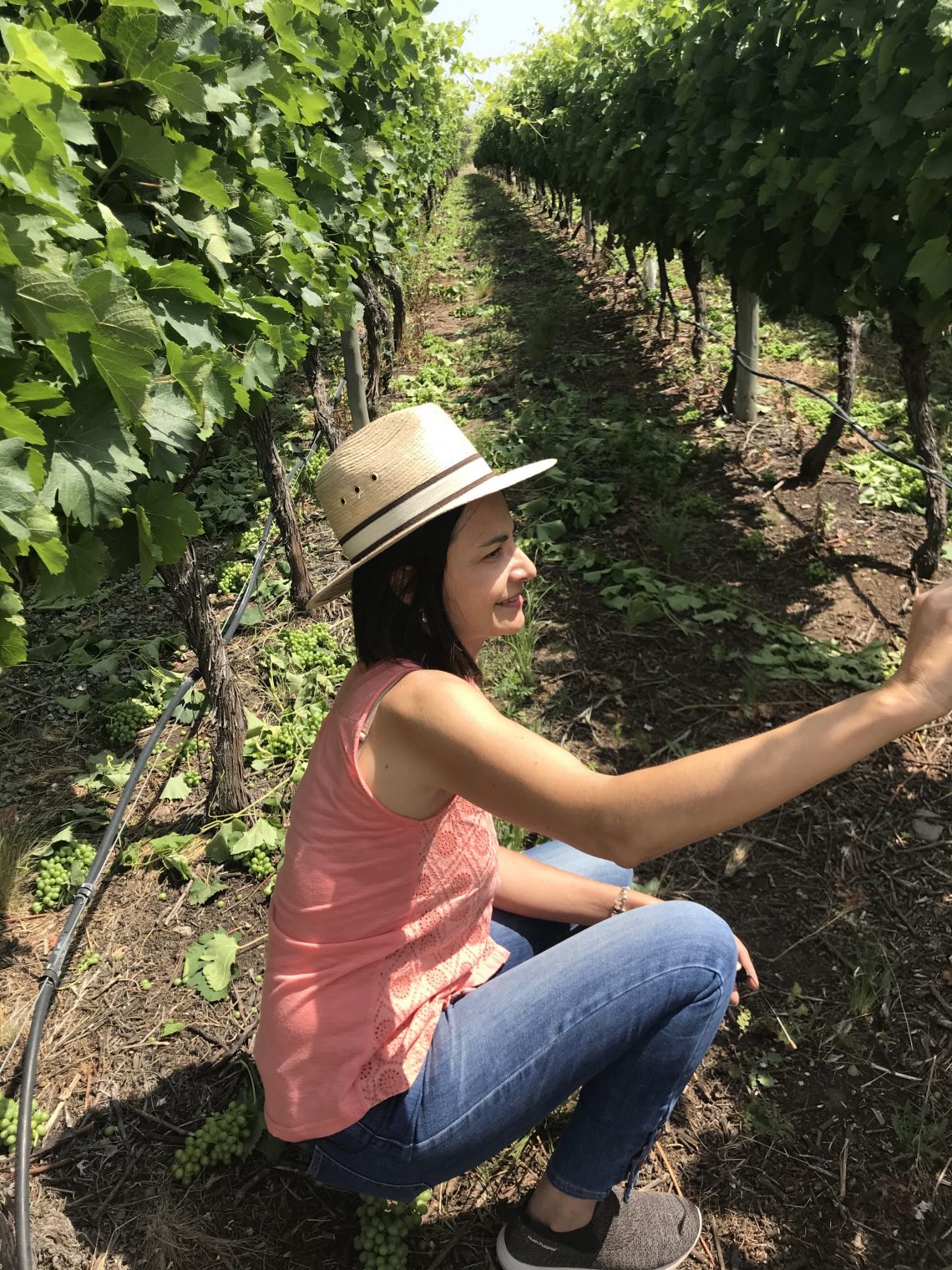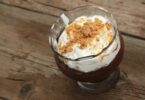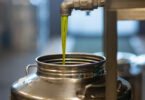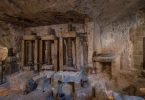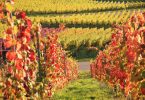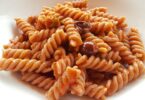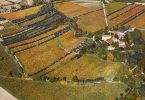The Wolf Post, supported by a Cultural Association, offers a professional service with free access, without subscription.
For this reason, a donation would also be a sign of appreciation for our work.
It was 1999, when Michel Rolland, star of French enology, chose Gabriela Celeste not only as his disciple but also as a partner, founder and director of ENO.ROLLAND, one of the most popular Argentine winemaking laboratories.
Today, Gabriela, an agronomist engineer with specialization in viticulture and oenology, is one of the most highly rated oenologists in South America and with an international experience between France and Italy.
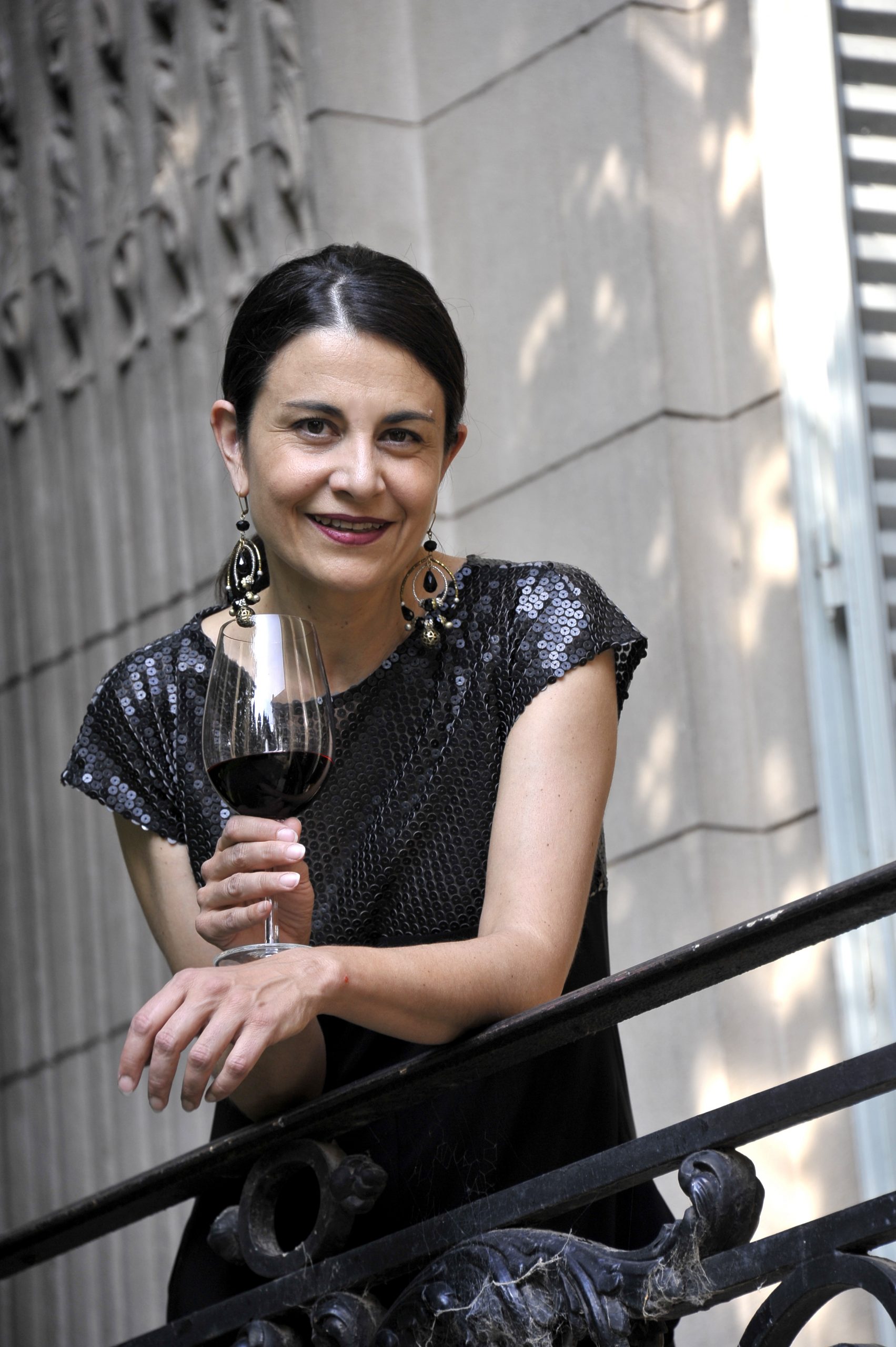
© Gabriela Celeste Enologa
How and when was the passion for wine born?
My passion for wine has been handed down to me by my parents since I was little, as wine was always on the table in the family home. My parents remember that, when I was one year old, instead of asking for water, I used to say: “I want more wine!”.
Later, during my studies in Agricultural Sciences, I really liked this transformation of grapes into wine, seeing how the vineyard could be managed by cultivation and influence the quality of the raw material and then in the cellar that grape could be transformed to give origin of a product capable of arousing pleasure in those who drink it.
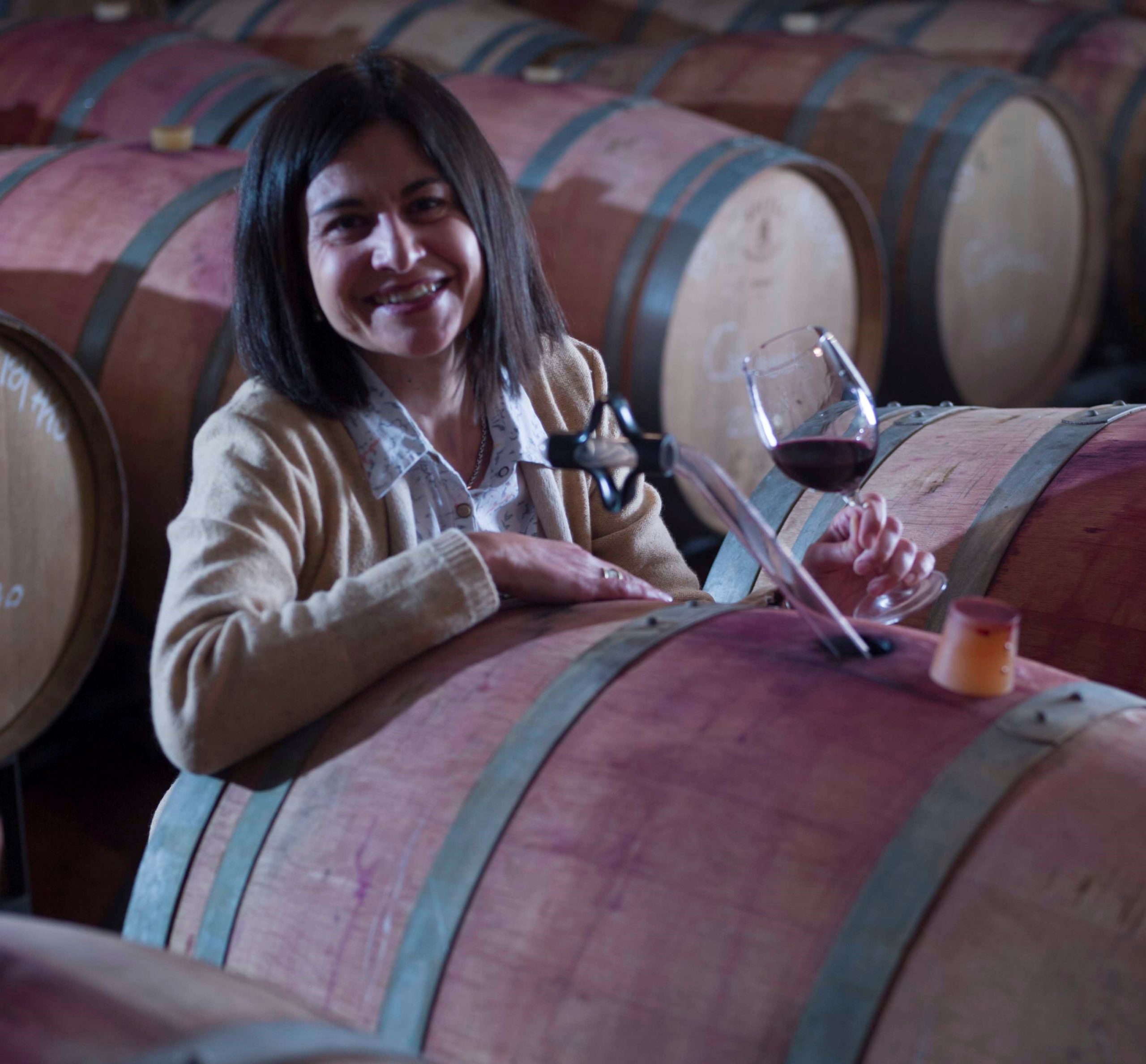
© Gabriela Celeste Enologa
When did you decide that the oenologist would become your profession?
When I was studying for the last year to become an agronomist engineer, I really liked the atmosphere of a cellar: the aromas, the freshness and the dim light of the cellars, the high-tech machinery, which began to be used more and more in winemaking; the processes from the harvest to the filling of the barrels with new wine; the art of blending wines and obtaining something surprising. All this, led me to apply as an intern in a small winery and, in this way, I was able to affirm my vocation as a winemaker. Then, with the title in hand, I decided to look for work among the best Argentine wineries and I managed to enter one of them.
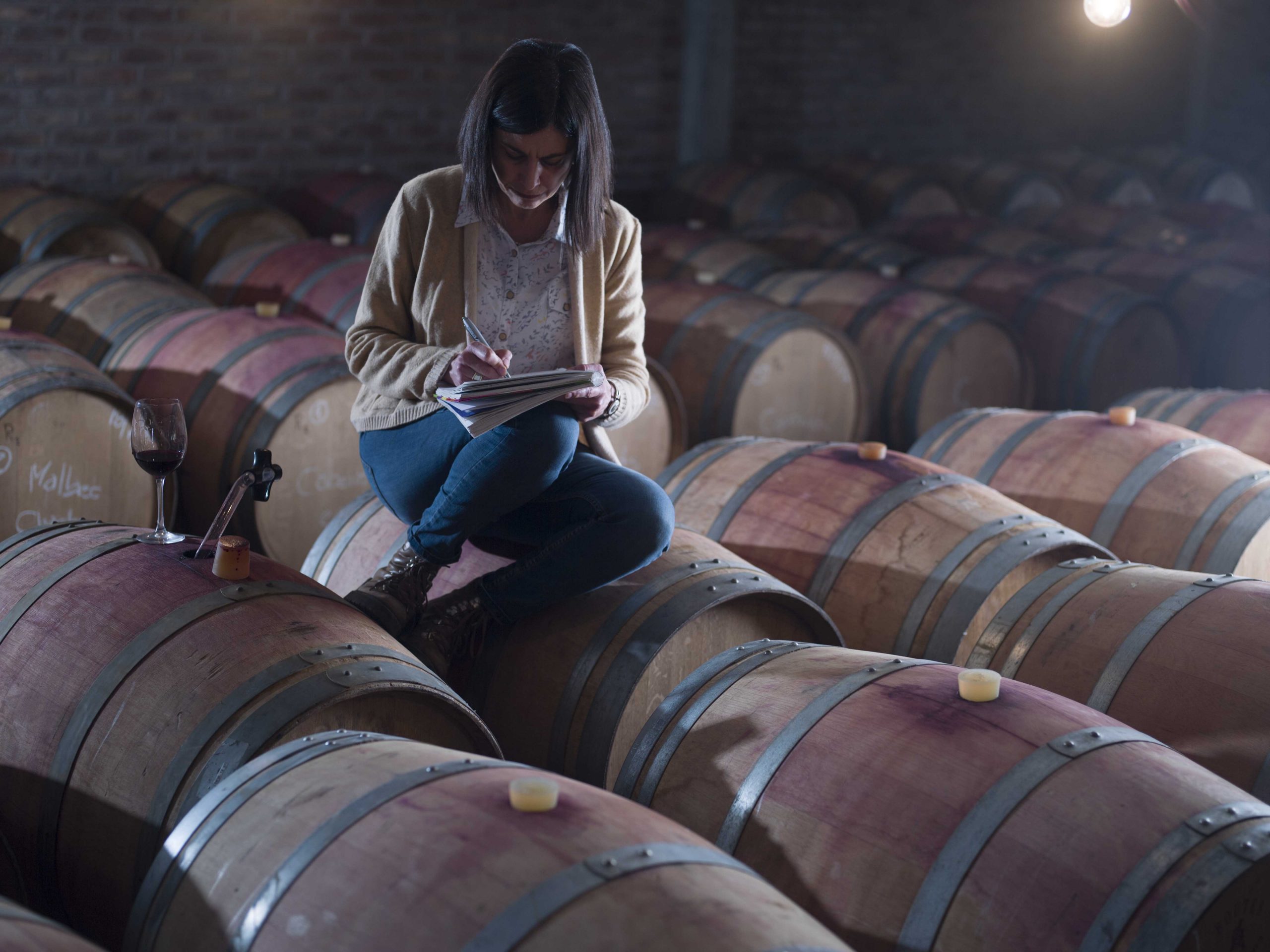
© Gabriela Celeste Enologa
How important is it for an oenologist to empathize with the people who take care of that vineyard and those hills?
It is of the utmost importance, as the people who care for the vineyard and work with passion see that work reflected in the results that are quality grapes. And this is the starting point for obtaining great wines. Without quality grapes there are no great wines. Nor should we forget that the branches are living beings and as such they can respond to stimuli and, above all, to good care. This is why our mission as winemakers must be to transmit the passion necessary to ensure that each of the links of this wonderful supply chain gives the best of itself, as many of us do.
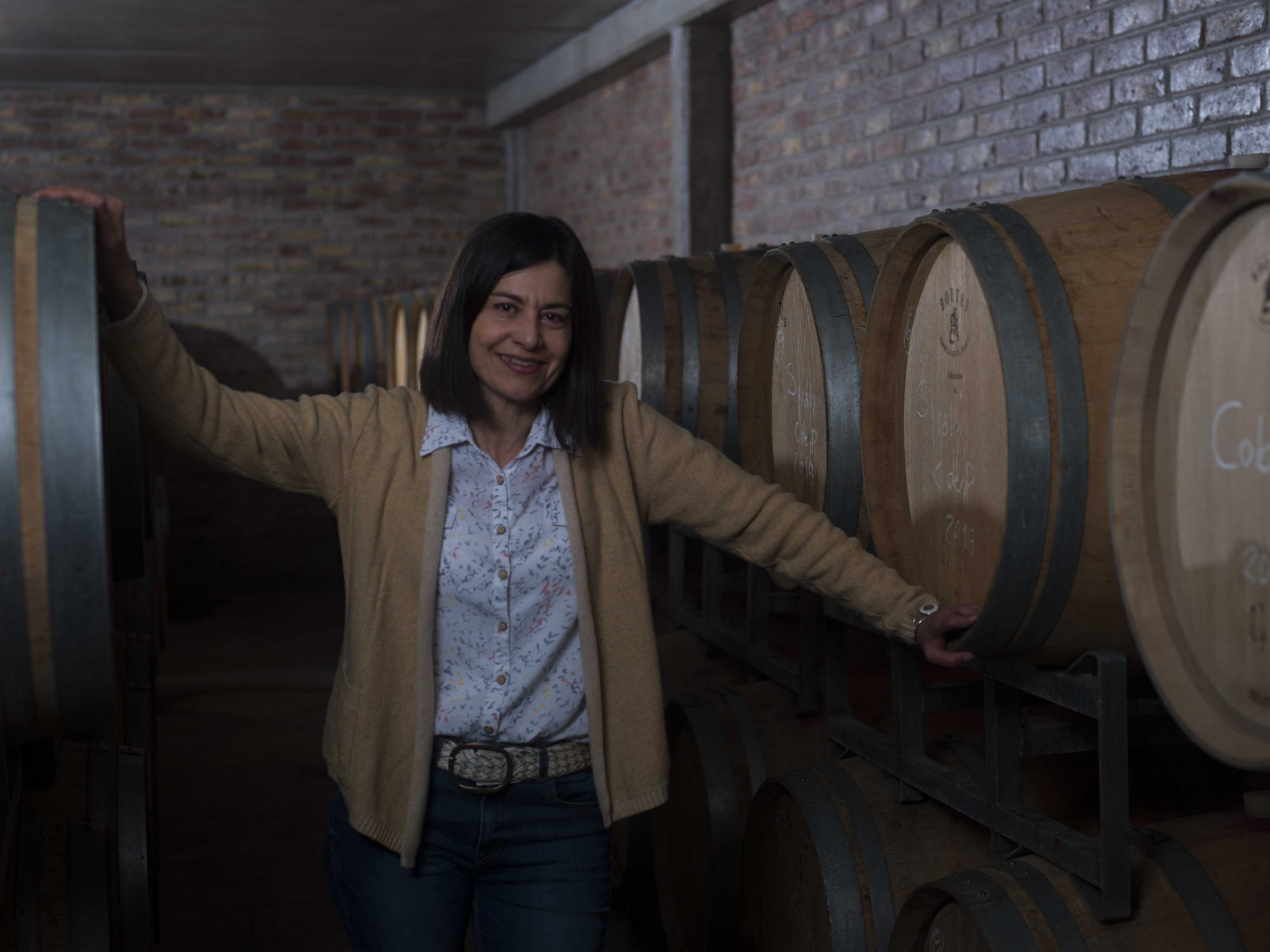
© Gabriela Celeste Enologa
In the collective imagination of wine lovers, therefore, non-professional, the sommelier is the best known figure within the “wine” chain while the oenologist works “behind the scenes”. How much, according to your experience, are the two figures (if they are), in opposition and how much, on the contrary, are they (if they are) complementary?
I think that these two figures, both the sommelier and the oenologist, are always complementary. Both are participants in the same process but in different phases. While the oenologist deals with the transformation of grapes into wine, that is the production process (“behind the scenes”), the sommelier is the direct contact with the consumer, the last link in the marketing process. Many times the two roles overlap, since the sommelier has to tell the story of that wine that he is presenting or selling and the oenologist is also called to collaborate in the sale of the wine, transmitting his experiences to him during the elaboration. Furthermore, the basic training of both is different, while the oenologist is trained in science, chemistry, the sommelier is trained more in the humanities and business.
The winemaker is also a controversial figure, acclaimed by most and criticized by others. You are accused of “creating” wines that must meet the canons of the guides, in short, please everyone. Fantasies, or is there, in some cases, a basis of truth?
There is the savoir faire of the winemaker who can create wines that are pleasing to the majority of the public without losing their style or personality.
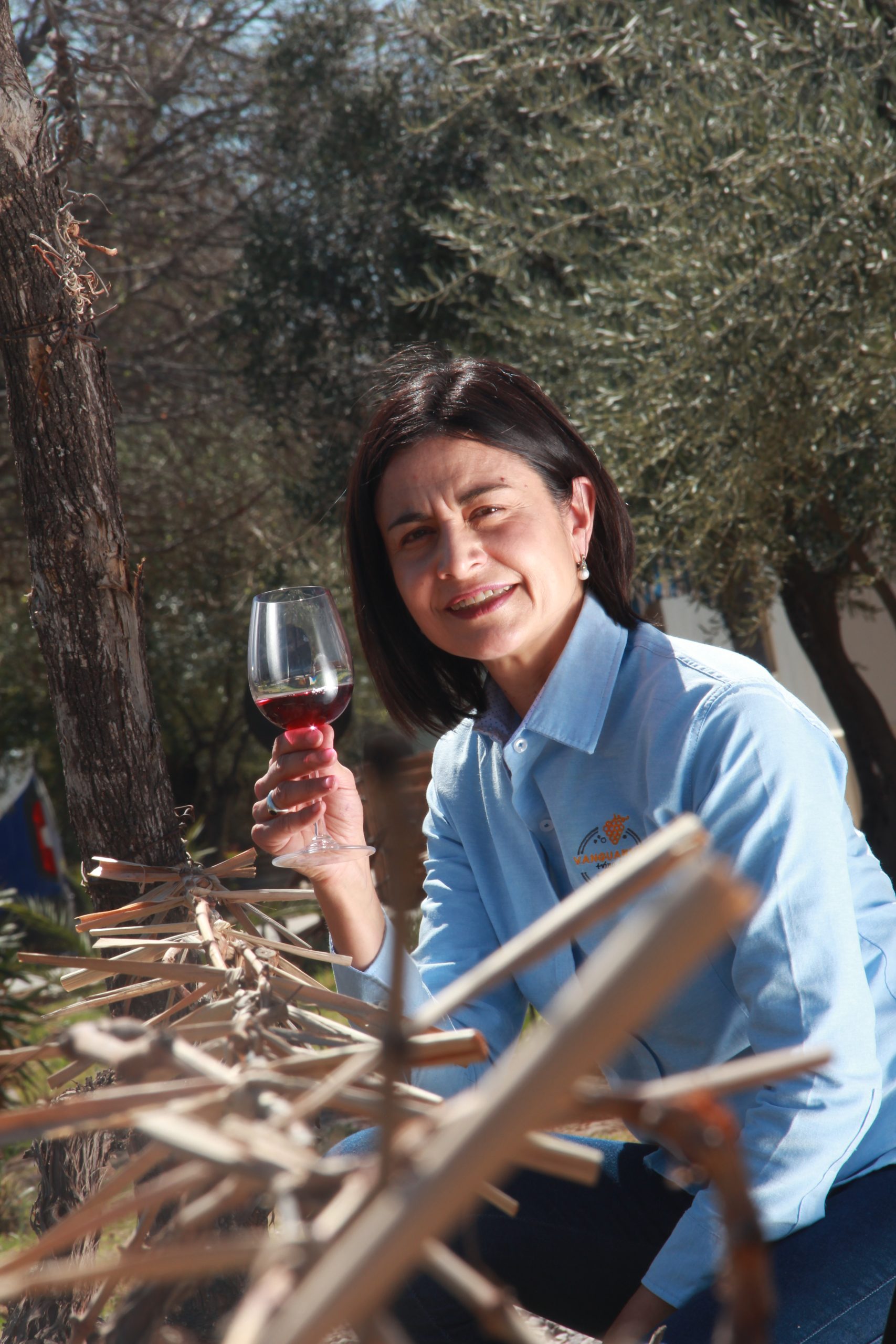
© Gabriela Celeste Enologa
One of your merits and flaws, professionally speaking.
It is difficult to talk about yourself but, I believe that some of my strengths are commitment, passion and honesty at work. My biggest weakness is not knowing how to say “no” and, for this reason, many times, I run all day to try to arrive with all the commitments that I have taken on almost without realizing it.


